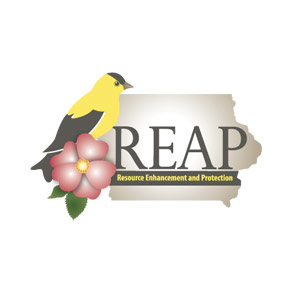Snow and Sound
This video highlights the differences in sounds in an environment when there is snow cover and when there is not. Have students listen to the difference in sound before there is snow on the ground, after recently fallen (fluffy and thick) blanket of snow, and after snow has fallen (difference: when a ball is dropped on a surface without snow and the surface with snow). This demonstrates how snow absorbs soundwaves.
Location
Cedar Rapids, Iowa
Driving Question
- Why is it silent when it snows heavily?
Probing Questions
- How does sound differ in each scenario? Why do you think this is?
- What does this tell us about how sound waves travel?
- What does this tell us about snow?
Classroom Suggestions
Students could:
- Have a conversation about the different sounds given different conditions with snow. Students should notice that when there is a thick layer of snow, there is no sound.
- Examine a picture of a snowflake, have them describe it. How does the structure of a snowflake relate to this phenomenon?
- Conduct a lab or demonstration on how sound waves travel on different materials. A similar lab can be found here: University of Vermont. In my version, I included stations with the different states of water, I also included memory foam and shaving cream or material that is similar to snow (if there is snow even better). They should realize that sound waves travel differently depending on the surface (sometimes get absorbed, sometimes make things vibrate, etc.) Ask students what they think the common factors of materials that absorb sound are.
- Think about what technologies do we use that absorb sound as snow does. Why is this important?
- Read the following article: Snow science: Silent snow - MSU Extension
Resources
- Michigan State University | Snow Science: Silent Snow: An article that explains the science on why and how snow absorbs sound.
- The University of Vermont | Exploring Sound: Sound Experiment Ideas for the classroom.
- National Snow and Ice Data Center: General information about snow and ice.
Iowa Core Alignment
MS-PS4-2:Develop and use a model to describe that waves are reflected, absorbed, or transmitted through various materials
Credit Info
Submitted by Magdaly Santos-Villalobos.
Funding for Iowa Science Phenomena provided by:




